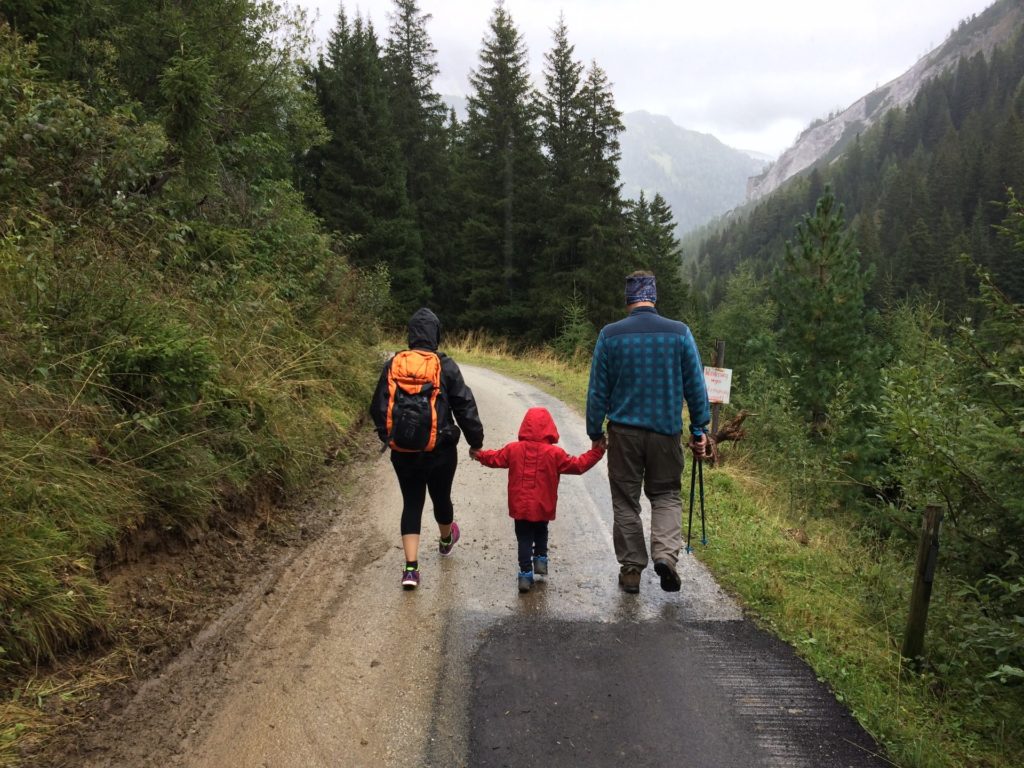 This article originally appeared in Must Read Alaska on December 23, 2020.
This article originally appeared in Must Read Alaska on December 23, 2020.
At a recent Kenai School Board meeting, and as reported in Must Read Alaska, an impassioned argument was made to get young students back into the classroom.
By all accounts, the individual making the argument holds solid conservative credentials, but part of his statement belies a belief that government can best provide love and care to children.
To be fair, the argument was not made that this was true of all teachers or all children, but it in his righteous zeal, the speaker allowed that the government – in this case, public school teachers – provides the most positive thing some kids get in their daily lives.
This is not just a slippery slope towards big government, it is a tumble down the slope that is sure to be greeted by the wide and welcoming arms of the nanny state.
Collective theory wants us to believe it is government, not family, that is best suited to make our lives better, more complete. It is, in fact, the type of thinking upon which collective theory depends.
It brings to mind a scene in The Killing Fields, a 1984 movie that revealed the atrocities committed in Cambodia by the Khmer Rouge, in which a group of children are being indoctrinated in the ways of the party. A young student is called to the blackboard to demonstrate what actions were needed to make the party and the state the ultimate providers to the children.
On the blackboard was a stick figure drawing of a family; a father and mother and their three children, all lined up with outstretched hands joining them. The student placed a large X through the parental figures, then physically erased the spot in which the mother’s hand grasped the eldest child’s hand.
The goal was clear: the collective would nurture the children and attend to their needs. Parents were not needed in the Khmer Rouge family.
Government entities should never be seen as the best providers of love and care for anyone. That is the responsibility of individuals and families. While it may, in fact and with great misfortune, be true that some kids get better treatment in school than they do at home, it should not be seen as an argument for getting the whole lot of them back into brick and mortar buildings.
Schools exist to educate, and that is what the focus should be: quality education, not surrogate parenting. According to the latest National Assessment of Educational Progress scores, Alaska’s fourth graders are dead last in the country in reading ability. With results like that, the focus has to be on learning, not simply getting kids back into their government-supplied seats.
Admittedly, schools provide positive benefits such as socialization, athletics, structure, and mentorship, but those are by-products. The main product should always be quality education.